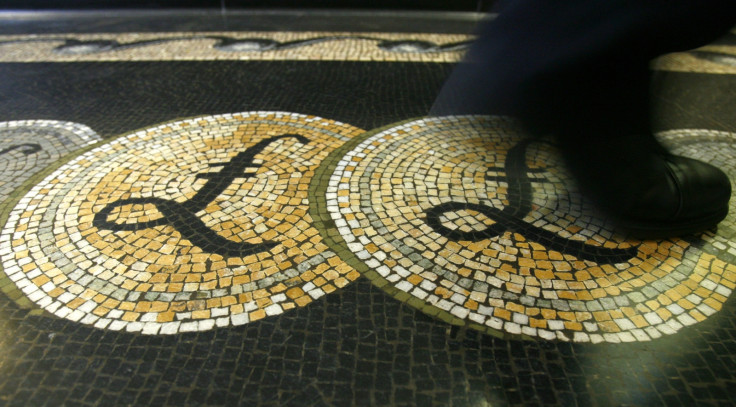Pound gains ground as UK productivity rises to a six-year high
British currency gains from positive macroeconomic data as US jobs figures fail to perk up the dollar.

The pound maintained its gains on Friday (5 January) on the back of strong UK productivity data, as lacklustre US jobs figures weighed on the dollar.
At 15:11pm GMT, the British currency was up 0.33% versus the euro, changing hands at €1.12670, after the Office for National Statistics said output per hour worked grew by 0.9% in the last three months of 2017, compared with the three months before.
The figure marked a first rise since late 2016, and the biggest increase since the second quarter of 2011.
It made for welcome news, after the ONS had observed last year that productivity growth had fallen to its slowest growth rate since the early 1820s, when Britain was emerging from the Napoleonic wars.
The news also helped the pound register gains of 0.36% and 0.48% versus the Swiss franc and Japanese yen, changing hands at CHF1.3256 and JPY153.495 respectively.
The sterling also maintained its gains against the dollar exchanging at a broadly flat level of $1.3556, up a mere 0.04% above its overnight uptick, helped by a less than convincing US jobs report.
According to the US Labor Department, non-farm payrolls rose by 148,000 in December, far lower than the revised figure of 252,000 created in November.
Overall, the country's December unemployment rate was steady at 4.1%, but the news was not enough to support the dollar, particularly as the market appears to be pricing in an imminent interest rate hike by the US Federal Reserve.
Kit Juckes, head of forex at Société Générale, and IBTimes UK columnist, said: "The US economy has started 2018 in fine fettle, and the Fed is on track to hike rates three more times this year. Is this a recipe for a strong currency? Not if Fed tightening only represents a slightly faster move to a well-telegraphed destination.
"Regardless of how fast the Fed gets from a super-easy to a merely accommodative policy, equities, emerging markets and other global assets should fare well, but the dollar won't."




















